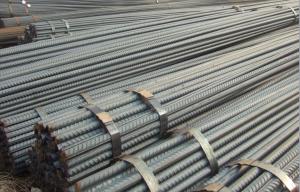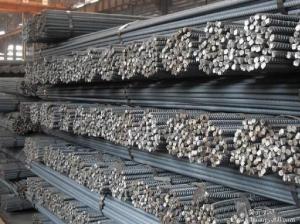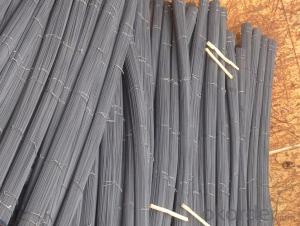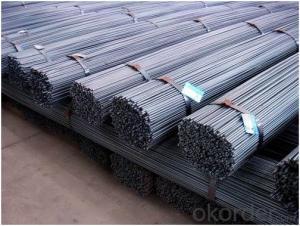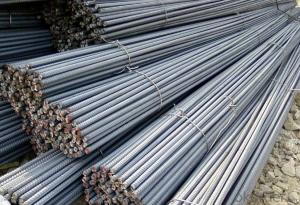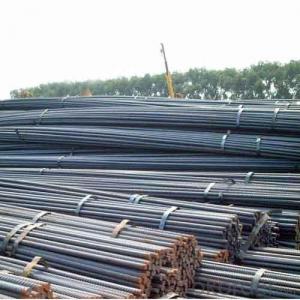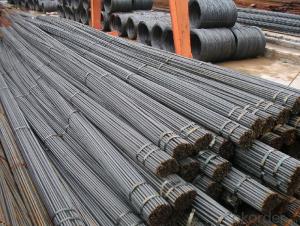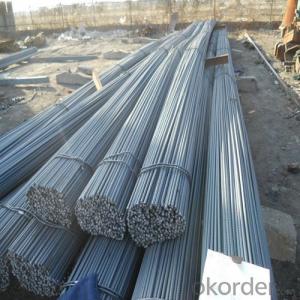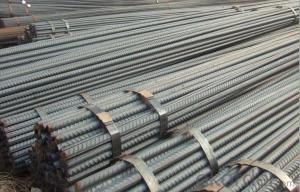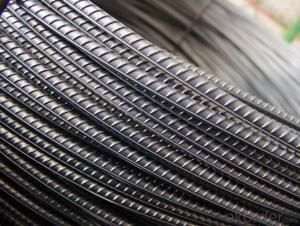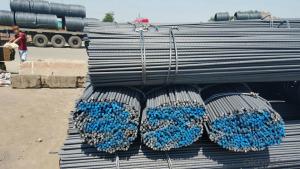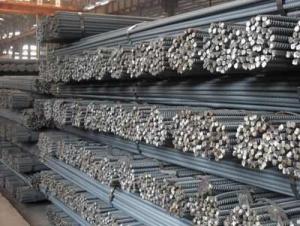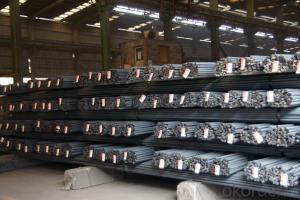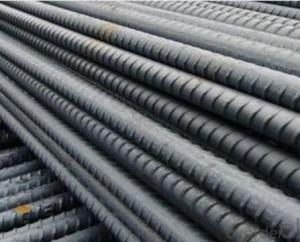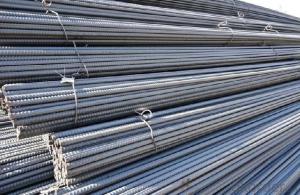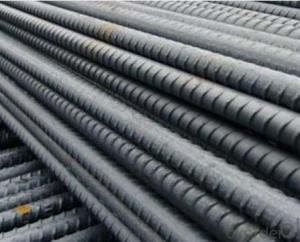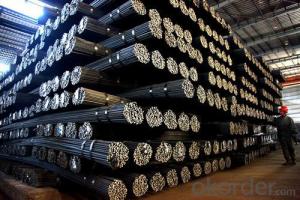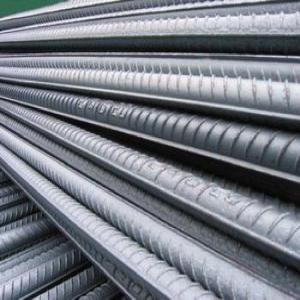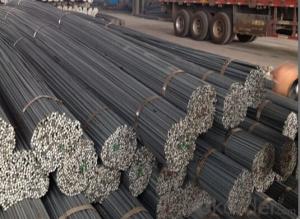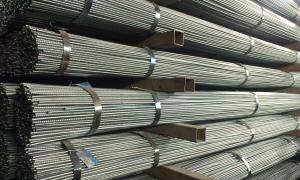All Categories
- - Steel Wire Rod
- - Steel Coils
- - Steel Profiles
- - Steel Pipes
- - Stainless Steel
- - Tinplate
- - Special Steel
- - Steel Sheets
- - Steel Rebars
- - Steel Strips
- - Hot Rolled Steel
- - Cold Rolled Steel
- - Pre-painted Steel
- - Seamless Steel Pipe
- - Welded Steel Pipe
- - Hollow Steel Tubes
- - Galvanized Pipe
- - Stainless Steel Coil
- - Stainless Steel Sheet
- - Stainless Steel Plate
- - Stainless Steel Strips
- - Electrolytic Tinplate Coil
- - Electrolytic Tinplate Sheet
- - Stainless Steel Rebars
- - Solar Panels
- - Solar Water Heater
- - Solar Related Products
- - Solar Inverter
- - Solar Cells
- - Solar Light
- - Solar Energy Systems
- - Solar Controllers
- - Solar Mounting System
- - Solar Pump
- - Solar Chargers
- - Fiberglass Chopped Strand
- - Fiberglass Mesh Cloth
- - Composite Pipes
- - FRP Pultrusion Profiles
- - Fiberglass Mat Tissue
- - Fiberglass Fabrics
- - Fiberglass Mesh
- - Composite Tank
- - Fiberglass Mesh tape
- - Polymer
- - FRP Roofing Panel
- - Fiberglass Roving
- - Monolithic Refractories
- - Ceramic Fiber Products
- - Refractory Bricks
- - Raw Materials For Refractory
- - Suspended Platform
- - Cranes
- - Concrete Machinery
- - Earthmoving Machinery
- - Building Hoist
- - Road Building Machinery
- - Plastic Pipe Fittings
- - Plastic Tubes
- - Plastic Sheets
- - Agricultural Plastic Products
- - Plastic Nets
 All Categories
All Categories
Q & A
How are steel rebars used in the construction of healthcare and medical research facilities?
Steel rebars are used in the construction of healthcare and medical research facilities to reinforce concrete structures, such as walls, columns, and foundations. These rebars provide strength and stability, ensuring the buildings can withstand various loads and seismic forces. They play a crucial role in maintaining the structural integrity and safety of these facilities, allowing for the smooth operation of healthcare and medical research activities.
How are steel rebars used in the construction of power plants?
Steel rebars are used in the construction of power plants to reinforce concrete structures such as foundations, walls, and columns. These rebars provide added strength, durability, and structural integrity to withstand the heavy loads and extreme conditions associated with power plant operations.
How are steel rebars used in the reinforcement of critical infrastructure, such as power grids and communication networks?
Steel rebars are commonly used in the reinforcement of critical infrastructure, such as power grids and communication networks, to enhance their structural strength and durability. These rebars are typically embedded within concrete structures, such as foundations, walls, and columns, to provide additional tensile strength and resist against cracking or collapsing under heavy loads or natural disasters. By reinforcing these vital infrastructure systems with steel rebars, their overall resilience and ability to withstand external forces are significantly improved, ensuring the uninterrupted operation and reliability of power grids and communication networks.
How do you assess the structural performance of steel-reinforced concrete beams?
To assess the structural performance of steel-reinforced concrete beams, various methods can be employed. These typically involve conducting tests and evaluations to determine the beam's load-carrying capacity, deflection, and overall behavior under different loading conditions. Common assessment techniques include visual inspections, non-destructive testing, and load testing. Visual inspections involve examining the beam's condition for any visible signs of distress, such as cracks or corrosion. Non-destructive testing methods, like ultrasonic testing or ground penetrating radar, can be used to assess the integrity of the reinforcement and identify hidden defects. Load testing involves subjecting the beam to incremental loads to measure its response, including deflection and strain, while monitoring for any signs of failure or excessive deformation. By combining these assessment techniques, engineers can effectively evaluate the structural performance of steel-reinforced concrete beams and ensure their safety and durability.
Wholesale Steel Rebars from supplier in Guyana
We are confident that our experience, technical support, and commitment to exceptional service will make us the ideal partner for your Steel Rebars procurement needs in Guyana. Our wide range of high-quality products can cater to various industries, including construction and infrastructure development.
Guyana's diverse landscapes and unique cultural heritage make it an exciting market to work in. With our local expertise, we can help you navigate the region's intricacies and ensure the success of your projects.
As a subsidiary of CNBM, a Fortune Global 500 company, we have the resources and capabilities to provide top-notch Steel Rebars solutions. Our team is dedicated to meeting your specific requirements and delivering efficient and effective service.
Contact us today and let us be your trusted supplier for Steel Rebars in Guyana. Together, we can contribute to the success of your projects with our expertise, products, and dedicated services.
Guyana's diverse landscapes and unique cultural heritage make it an exciting market to work in. With our local expertise, we can help you navigate the region's intricacies and ensure the success of your projects.
As a subsidiary of CNBM, a Fortune Global 500 company, we have the resources and capabilities to provide top-notch Steel Rebars solutions. Our team is dedicated to meeting your specific requirements and delivering efficient and effective service.
Contact us today and let us be your trusted supplier for Steel Rebars in Guyana. Together, we can contribute to the success of your projects with our expertise, products, and dedicated services.
